PAL Early Language & Literacy and Numeracy Assessment (PAL-ELANA)
PAL-ELANA is an early language, literacy and numeracy assessment that covers pre-primary and early primary grade competencies for children aged 4-10 years. The tool, currently under development in 9 languages will be implemented by PAL Network member organizations in 12 countries across Africa, Asia, and the Americas. The assessment is implemented digitally, using tablets and an application that was designed for this project. In its final version, the assessment will also be adaptive, enabling more granular and precise estimation of children’s skills.Data from the first round of implementation, scheduled for late 2022, will help national and international policy makers and funders understand what young children can do and where they need support. By 2023,
PAL-ELANA will be available in the public domain, enabling parents, teachers, educationists, and others to freely use the tool in a range of settings and contexts.In the aftermath of the COVID-19 pandemic, this type of data is essential to helping children get back on track after extended school closures. Starting with the youngest learners can prevent the need for catch-up programs later.
The tools will be implemented on scale by PAL Network members in 12 countries
Bangladesh
Institute of Informatics and Development (IID)
Mexico
Medición Independiente de Aprendizajes (MIA) – CIESAS Xalapa
Pakistan
Idara-e-Taleem-o-Aagahi (ITA)
India
ASER Center
Mozambique
Facilidade
Senegal
LaboratoiredeRecherchesurles Transformations Économiques et Sociales (LARTES);
Kenya
Usawa Agenda
Nepal
Galli-Galli
Tanzania
Uwezo Tanzania
Mali
Nicaragua
Ábaco en Red
Uganda
Uwezo Uganda
Support for PAL-ELANA
Why develop PALELANA?
This ambitious initiative is supported by the Global Partnership for Education Knowledge and Innovation Exchange, a joint endeavour with the International Development Research Center, Canada; the Foreign, Commonwealth and Development Office of the United Kingdom; and the Hewlett Foundation.
Over the past fifteen years, citizen-led assessments (CLAs) by PAL Network members have highlighted the' invisible problem' of insufficient foundational abilities. This learning crisis existed before COVID-19, but has deepened further as a result of the pandemic. CLAs are conducted orally, with one child at a time.
They do not assume that children can read or write. They are conducted in the household rather than in school to ensure that all children are reached, not just those who are enrolled or attending school regularly. They are simple touse, supporting local adoption, citizen agency and scalable action. CLAs have proven to be reliable estimates of learning achievements and align with SDG4, Target 4.1 which states that by 2030, all girls and boys should complete free, equitable and quality primary and secondary education leading to relevant and effective learning outcomes.
PAL-ELANA builds on this trajectory and on PAL Network's International Common Assessment of Numeracy (ICAN) that was implemented across the network in 2019 and 2020. PAL-ELANA incorporates the same core principles but focuses on the early language, literacy, and numeracy abilities of the youngest learners. Despite the known importance of this first stage in children's educational journey, no tools currently exist to assess children's abilities over these critical early years in ways that generate comparable data within and across countries. ELANA will help to fill this gap.
PAL-ELANA comprises tasks to assess oral language acquisition, early literacy and numeracy skills that align with SDG4.1.1(a) and 4.2.1.These tasks can be mapped up to grade 4 of the Global Proficiency Framework and ACER’s Learning Progression.
Overview of the Numeracy tasks
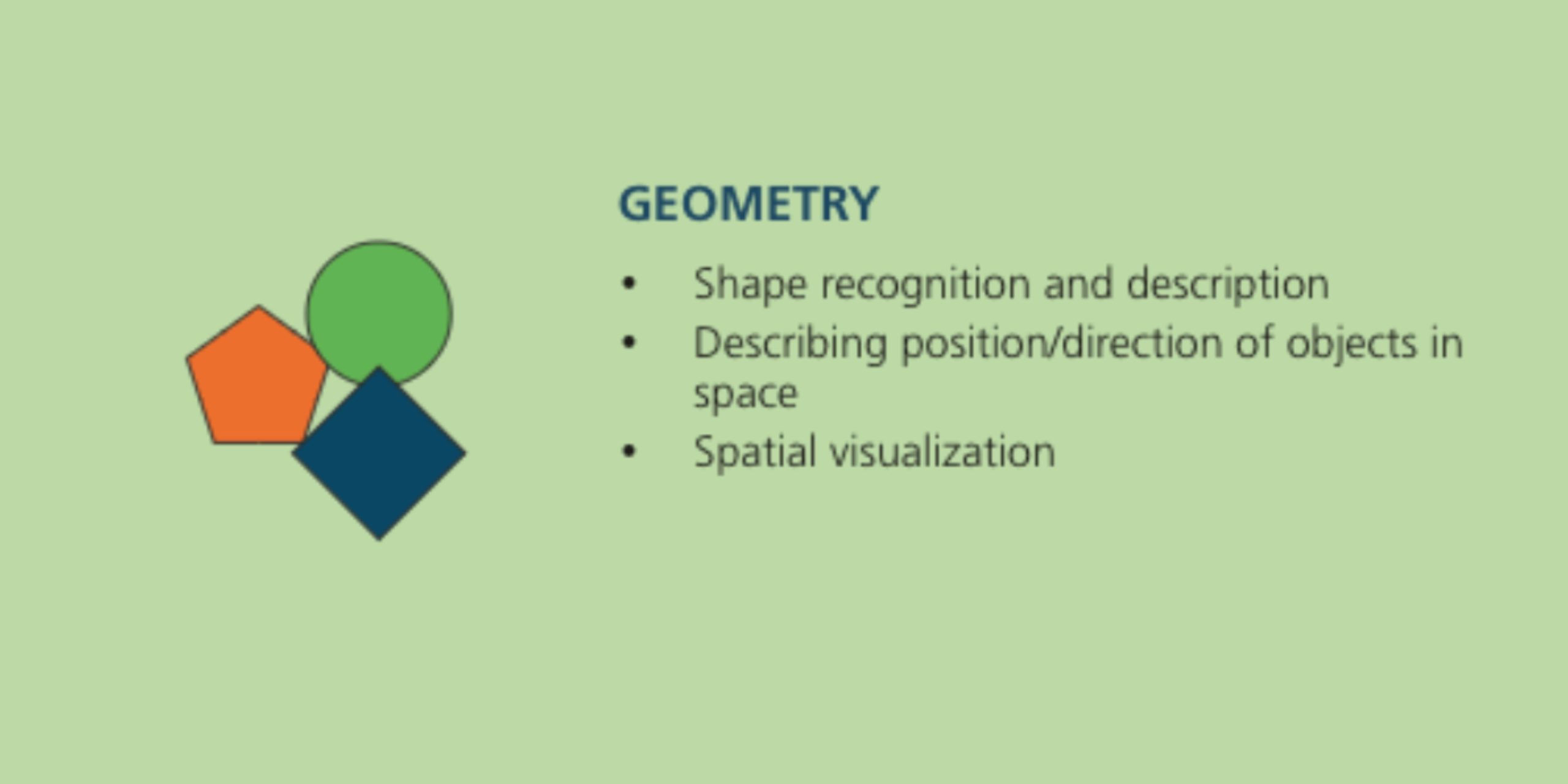
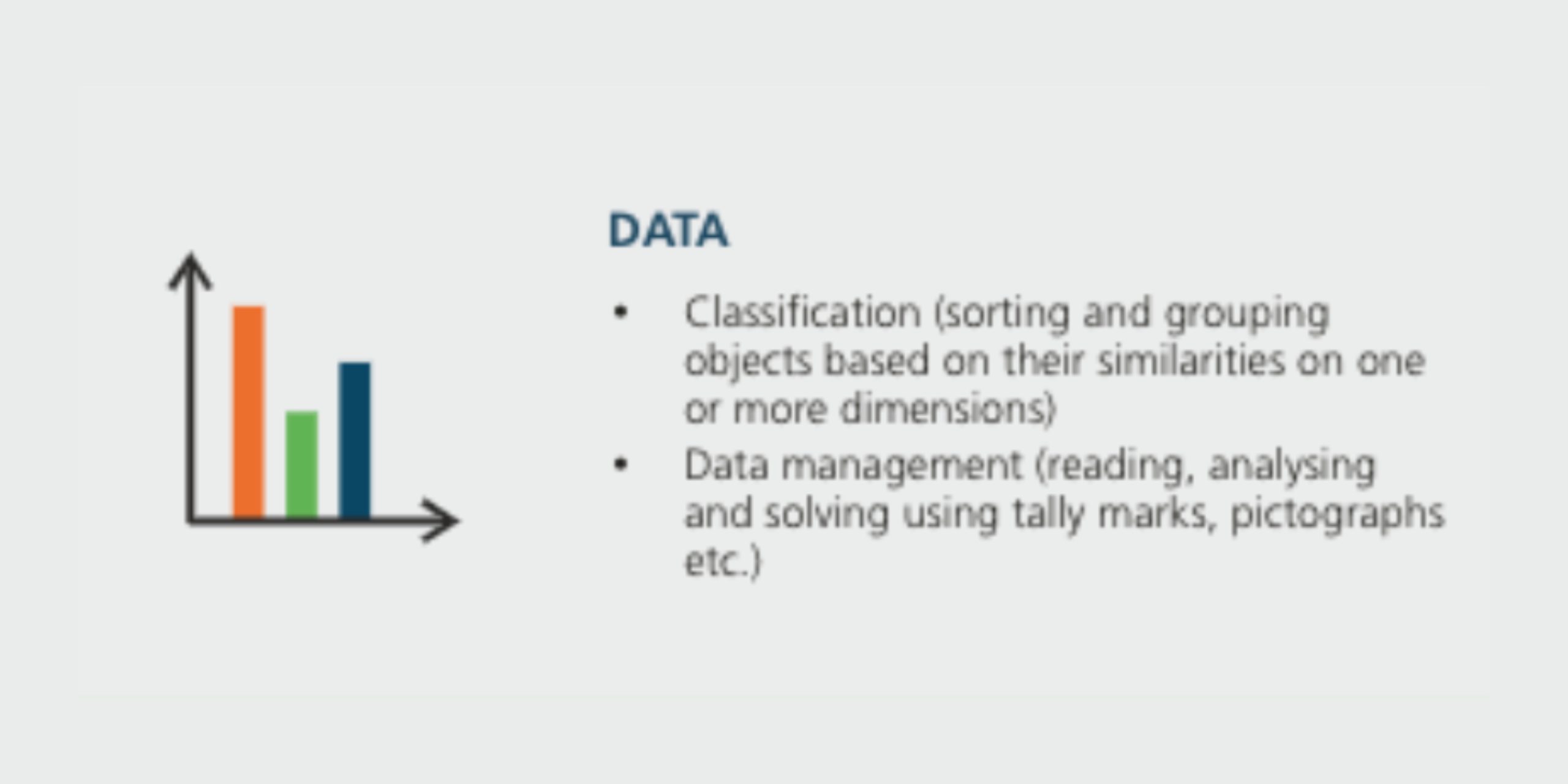
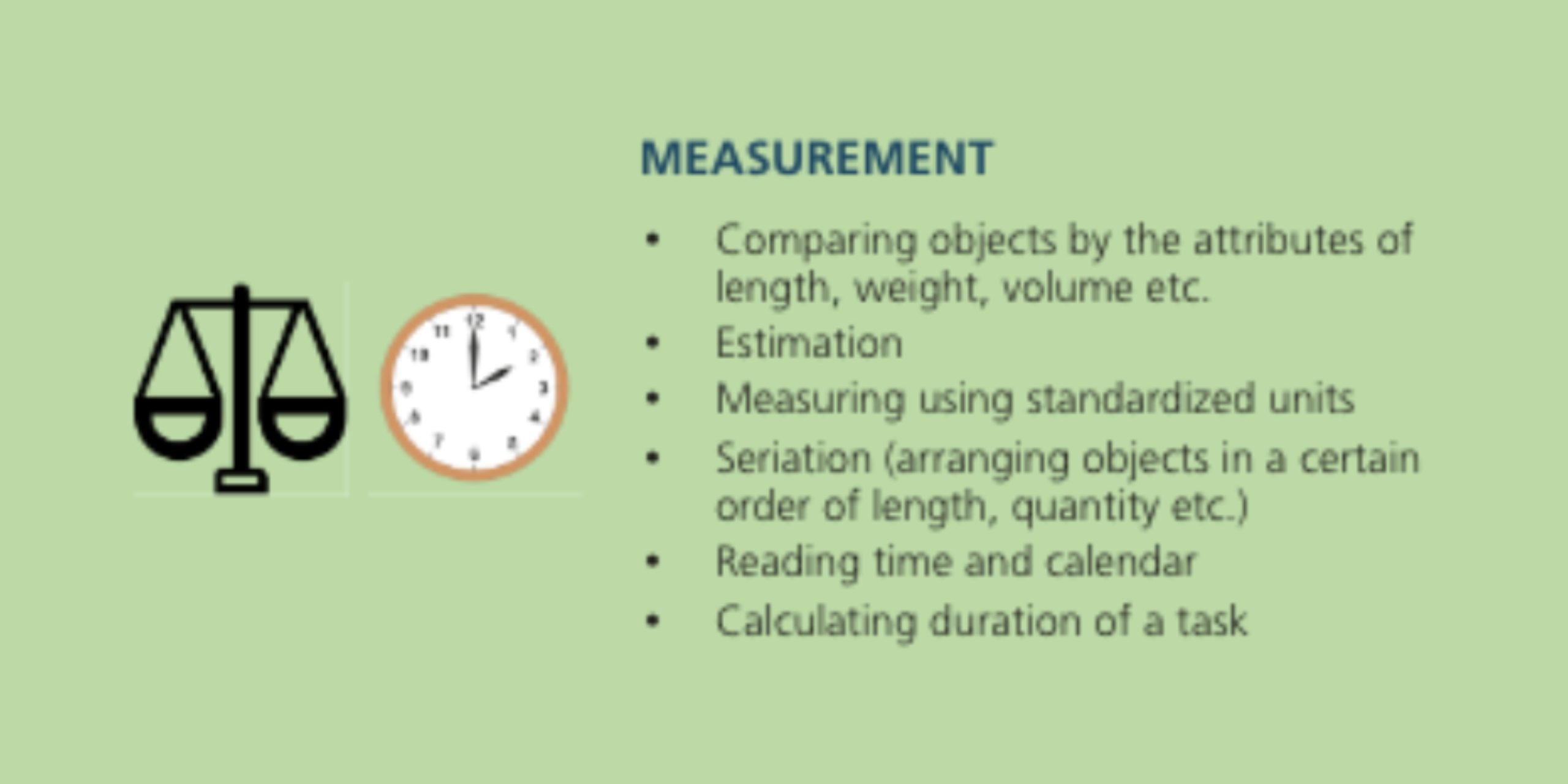


Overview of the Language and Literacy tasks

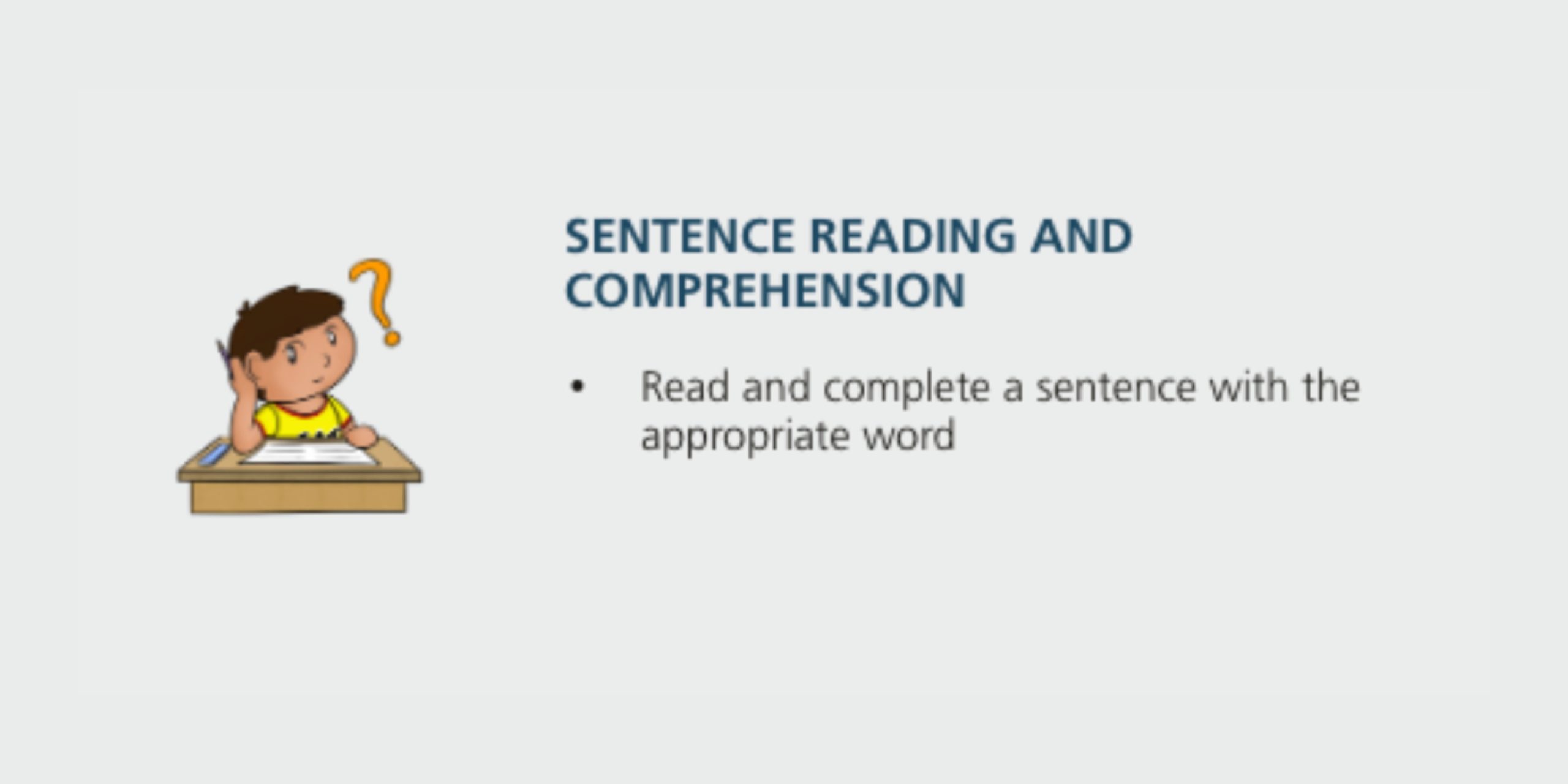
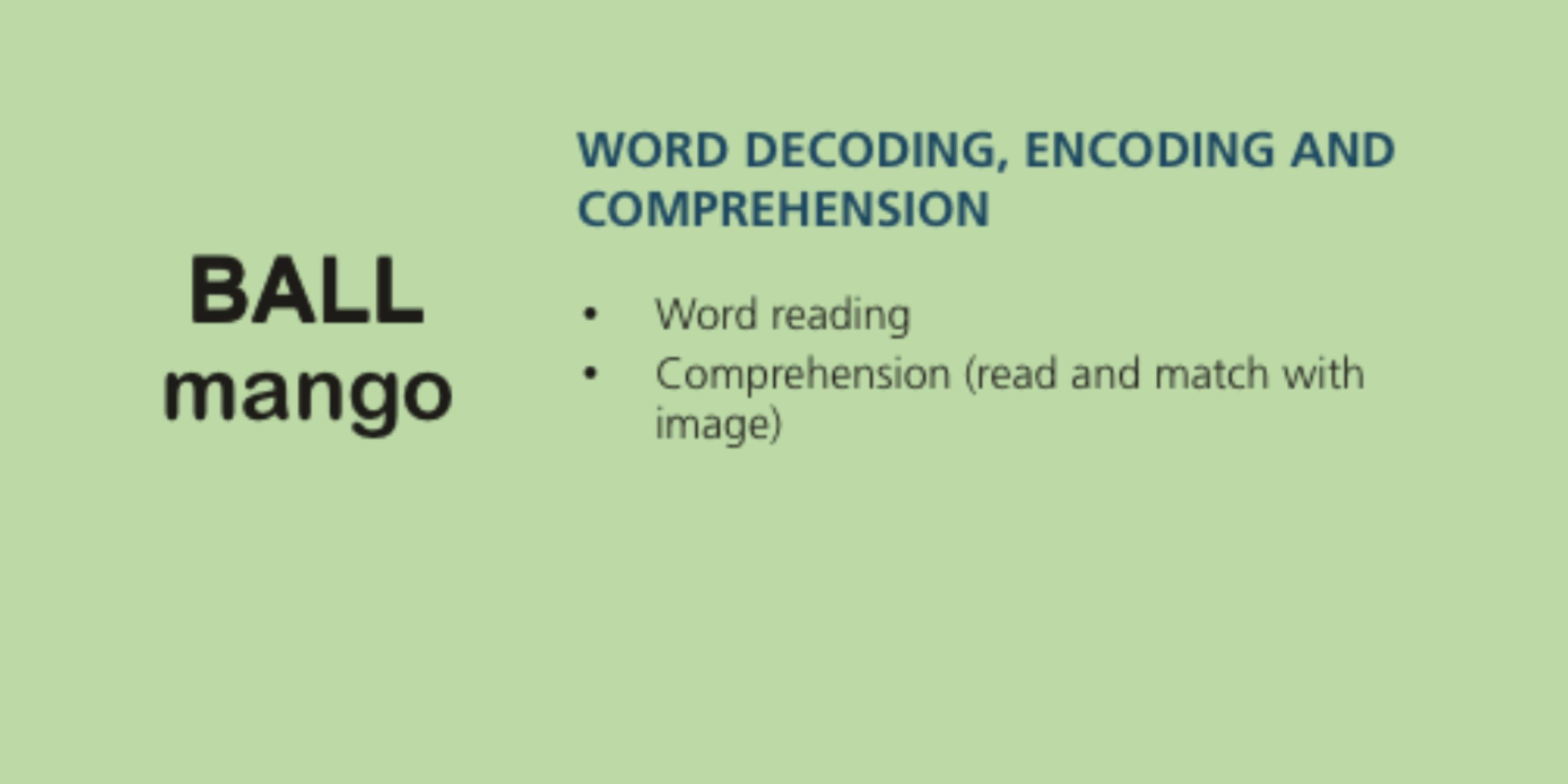
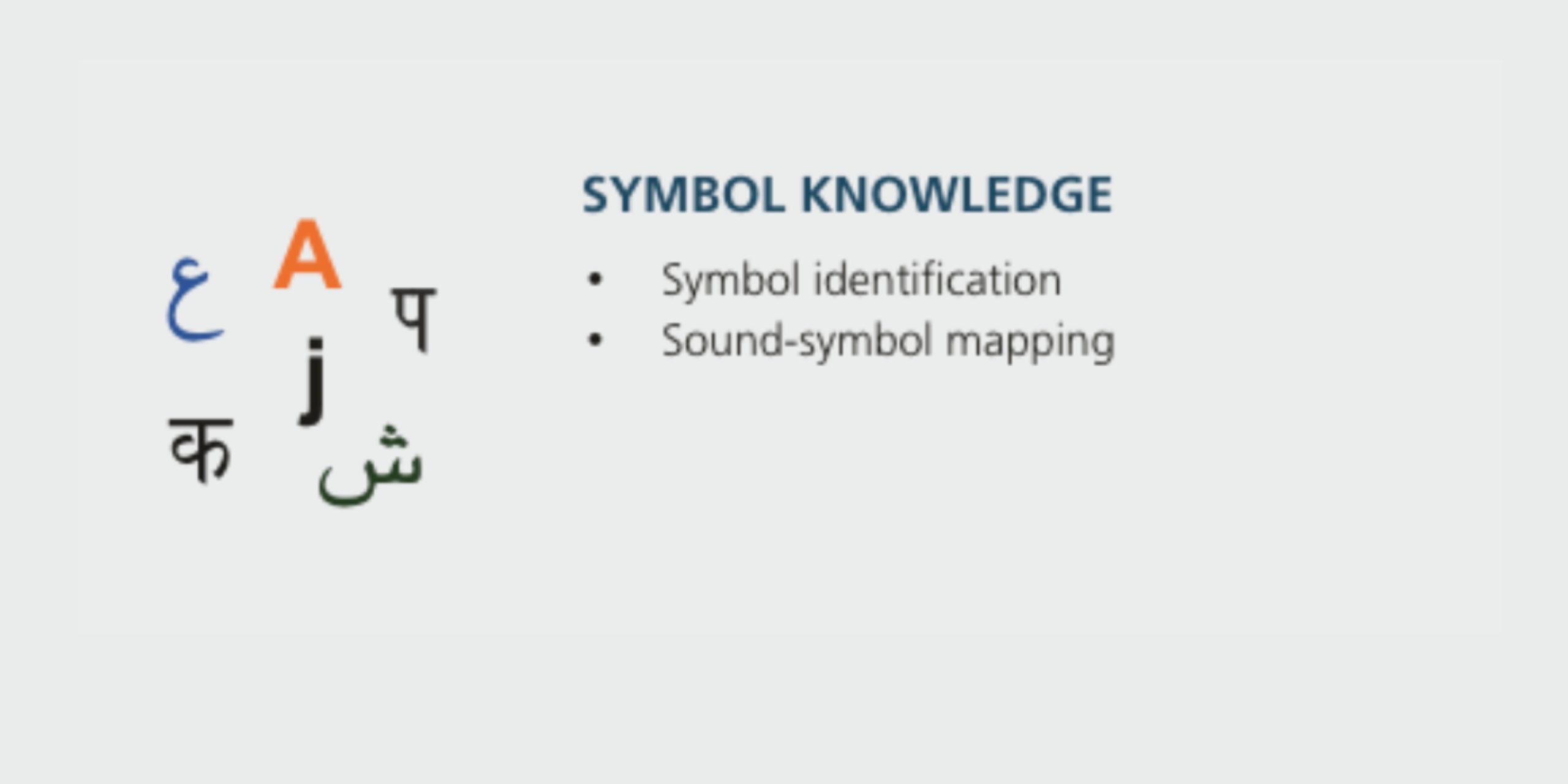

For more information on PAL-ELANA
Email us at info@palnetwork.org







